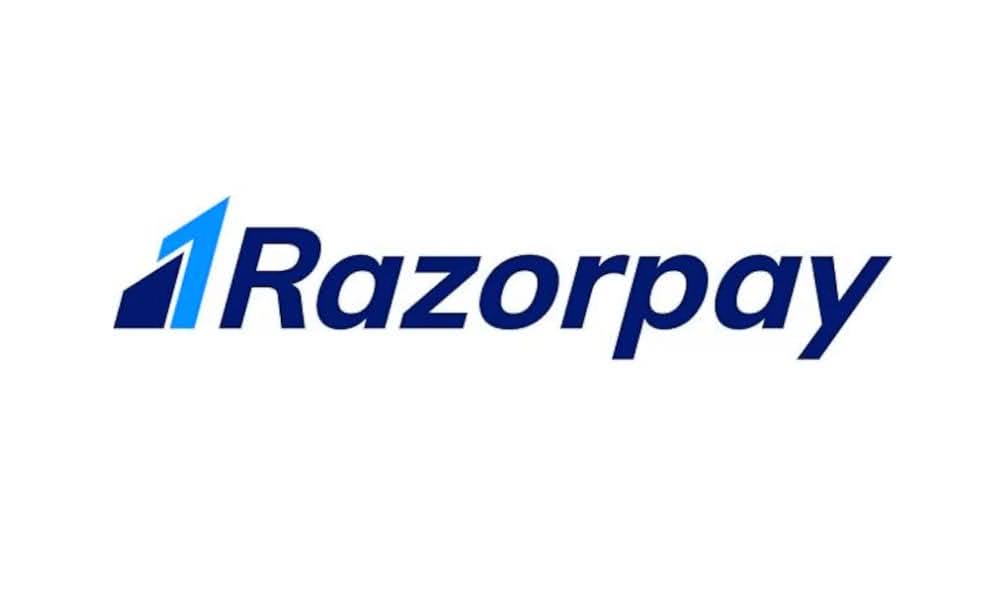Razorpay’s Reverse Flip to India May Trigger ₹1,245 Cr Tax Bill Ahead of IPO Plans

Fintech leader Razorpay is set to pay around ₹1,245 Cr (approximately $150 Mn) in taxes to the Indian government after relocating its parent entity from the United States to India.
The move, known as a reverse flip, comes amid the startup’s larger ambition to list publicly in the next two years, according to sources familiar with the development.
Reverse Flip Based on Valuation
A company’s valuation directly determines the tax owed when relocating its base. Razorpay, valued at $7.2 Bn during its last funding round in 2021—where it raised $375 Mn—is now liable for a tax amount reflecting that valuation.
Initially reported by Moneycontrol, the development marks a significant shift in Razorpay’s corporate structure and regulatory obligations.
The fintech company finalized its reverse flip by merging its Delaware-based parent with its Indian subsidiary, Razorpay Software India Pvt Ltd.
Confirming the transition, Shashank Kumar, co-founder and managing director, remarked, “Yes, we’ve officially completed our reverse flip, and we couldn’t be more proud.”
Shift to Public Entity Status
In a parallel development, Razorpay recently transitioned into a public company.
A regulatory filing revealed that the company secured member approval during a March 27 extraordinary general meeting to rename itself from ‘Razorpay Software Private Limited’ to ‘Razorpay Software Limited’.
Originally, Razorpay’s tax obligation to US authorities was projected at $250–300 Mn.
However, the company adopted a strategic restructuring approach—consolidating six India-based subsidiaries under one local holding entity. This maneuver effectively trimmed the tax burden to roughly $200 Mn.
Expanding Fintech Footprint
Founded in 2014 by Shashank Kumar and Harshil Mathur, Razorpay began as a digital payments platform but gradually ventured into several financial verticals including lending, payroll, insurance, and SME banking.
To date, Razorpay has raised more than $740 Mn from global investors like GIC, Tiger Global, Lightspeed Ventures, Sequoia Capital India, and Y Combinator. Its last valuation stood above $7 billion.
The company reported robust financials in FY24, registering a net profit of ₹33.5 Cr—marking a 365% rise from ₹7.2 Cr in FY23. Operational revenue also grew by 9%, reaching ₹2,475 Cr from ₹2,283 Cr the previous year.
India-Bound Startups on the Rise
Razorpay is among a wave of Indian startups repatriating their headquarters. Others, including Flipkart, Zepto, Udaan, Pine Labs, Eruditus, and Mensa Brands, have either initiated or completed similar transitions.
Documents accessed by Moneycontrol revealed that Razorpay had launched a fast-track procedure to shift its domicile back to India, a move driven by plans to list domestically.
The process culminated in the merger of its U.S. parent with its Indian subsidiary, placing all operations under Indian oversight.
Reforms Ease Cross-Border Restructuring
Razorpay’s move aligns with recent regulatory reforms that have made reverse flips faster and more accessible.
What previously took 12–18 months can now be completed in three to four months, encouraging startups to streamline their global operations to reflect their primary markets in India.
With the structural shift complete, Razorpay is turning its attention toward strengthening financial compliance and performance.
The company is targeting a potential IPO around FY28, once it achieves consistent financial stability across six to eight quarters.
IPO Timeline and Strategic Focus
Commenting on the timeline, co-founder and CEO Harshil Mathur had earlier told Moneycontrol, “We have already initiated the process of reverse flipping to India and this is going to take anywhere between 6-12 months to complete. We have accounted for the cost and everything… Expect IPO to be two years after our businesses break even.”
Founded by Kumar and Mathur, Razorpay continues to draw confidence from major investors such as Ribbit Capital, Matrix Partners, MasterCard, and others.
The startup, now operating fully from Indian soil, is expected to play a pivotal role in shaping the country’s fintech landscape in the years to come.








